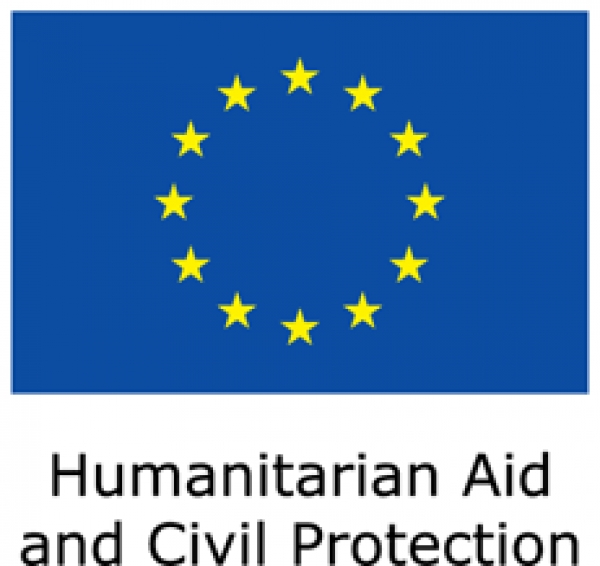The current humanitarian crisis in Afghanistan is reaching a boiling point. Moreover, the COVID-19 pandemic has further exacerbated the ongoing conflict that has been affecting the Afghani population for more than four decades. As a result, civilians across the nation are now experiencing greater food insecurity than before. According to the United Nations (UN), about 14 million people in Afghanistan will desperately need humanitarian assistance from its government, while 17 million people will not be able to put sufficient food on their tables for the entirety of the upcoming winter months.
As a result, the European Union, in conjunction with the Swiss Agency for Development and Cooperation (SDC), and the Swedish Ministry of Foreign Affairs (MFA|MIMU) will host an emergency meeting on International Humanitarian law (IHL). It’s prime focus under the guidelines of the Afghanistan conference will be to design effective solutions that can mitigate the effects of armed conflict and food insecurity. These two issues fall under the category of basic principles that must always be considered within the area of International Humanitarian Law. The European Union believes that a fortified promotion of IHL will pave the way for successful peace negotiations and transnational justice.
The aforementioned meeting will take place within a period when Afghanistan is in need of more humanitarian aid than ever before. Attending representatives from the European Civil Protection and Humanitarian Aid Operations (ECHO) will, thus, have to make the case to allocate more resources to maintain and increase the sustainability of peacebuilding in the country. However, an increase in violence and contagions from the current pandemic do not allow for random and ineffective aid spending. Quite the contrary, this meeting will have to state a clear cut diagram on how these new funds will effectively strengthen food security, medical care, and overall peace in Afghanistan.
To learn more, please read:
https://um.fi/afghanistan-conference-2020-programme
Author: Sergio Gomez; Editor: Aleksandra Krol







